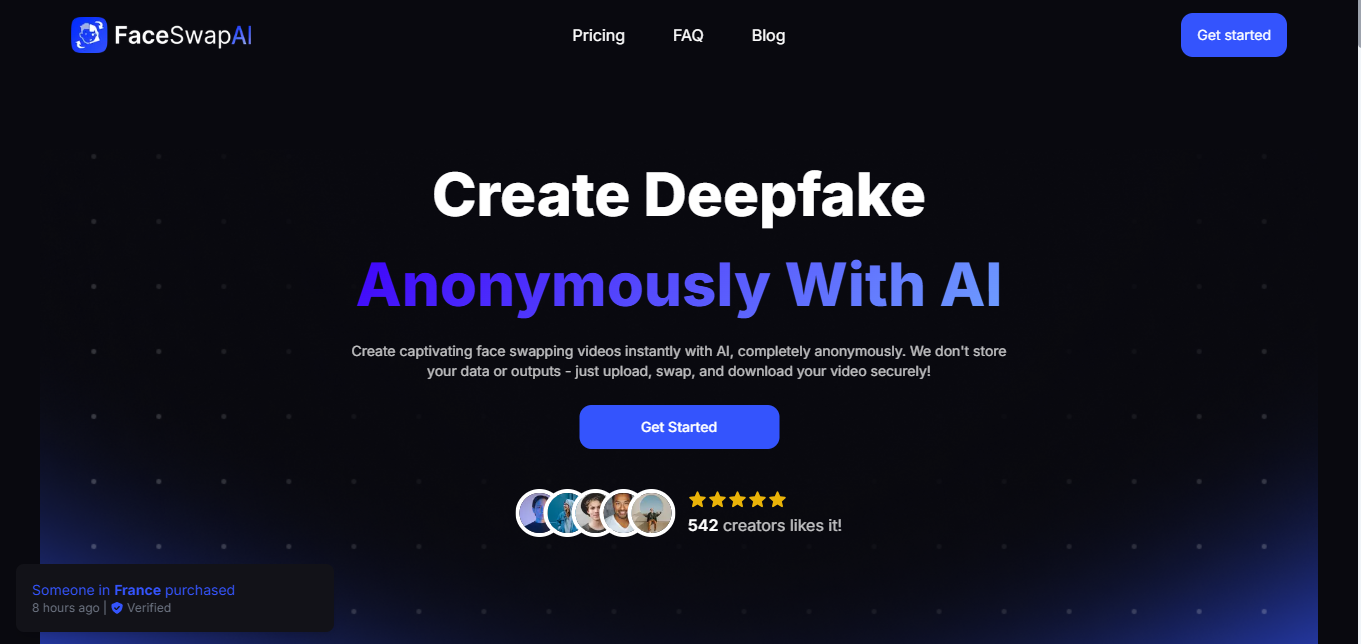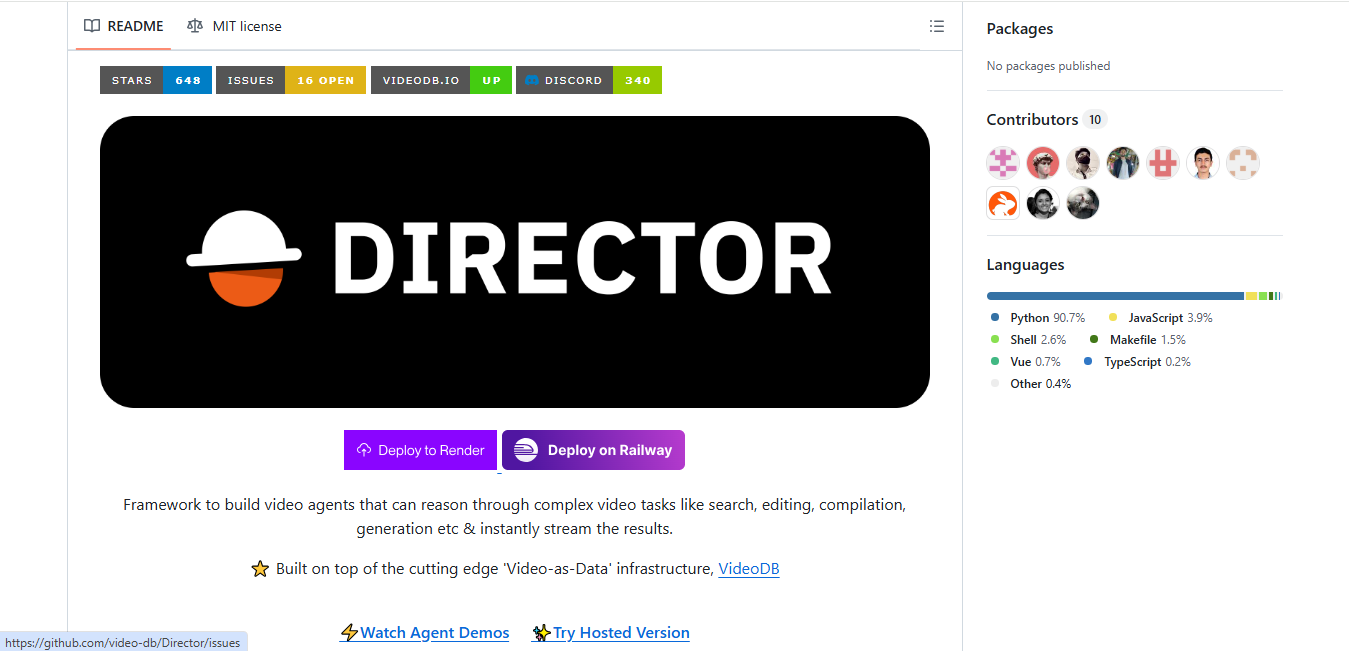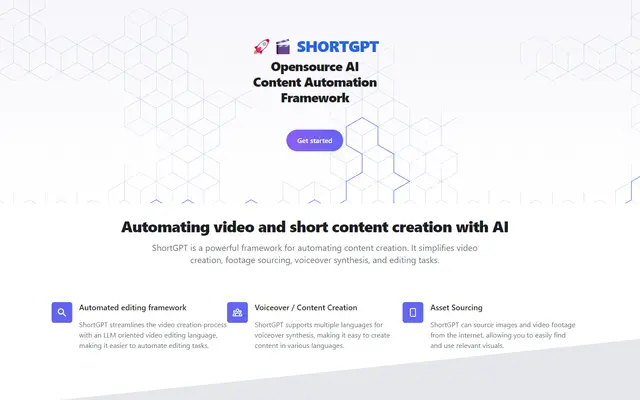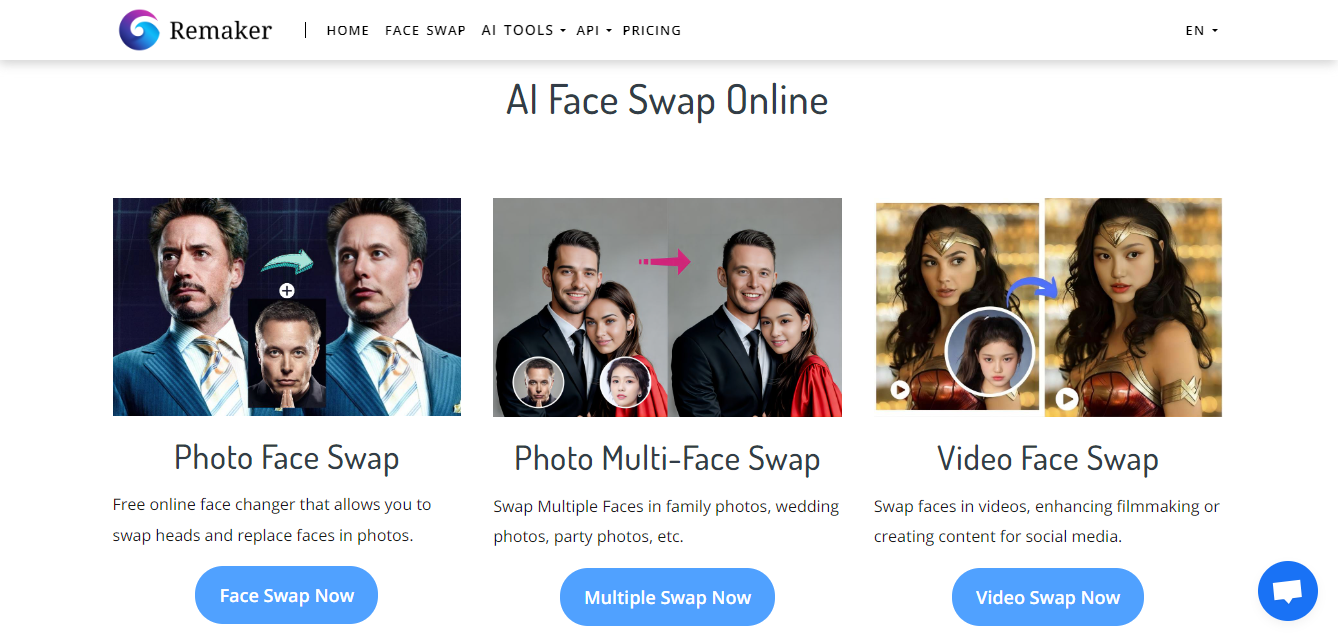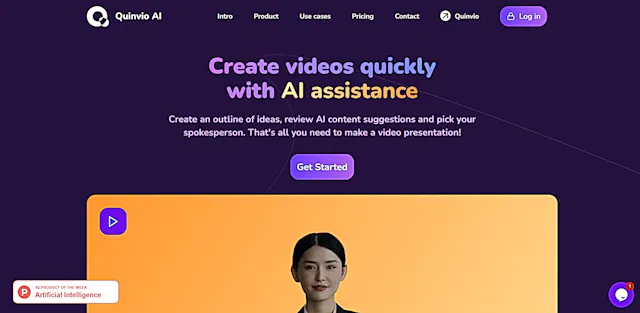
OpenCV
What is OpenCV?
OpenCV is a powerful open-source computer vision library that helps developers create applications for image and video processing. With over 2,500 optimized algorithms, it enables machines to understand visual data through advanced processing techniques and machine learning capabilities.
Top Features:
- Image Processing: comprehensive toolkit for basic and advanced image manipulation operations.
- Object Detection: built-in algorithms for detecting and tracking objects in real-time.
- Machine Learning Integration: compatibility with popular frameworks like TensorFlow and PyTorch.
Pros and Cons
Pros:
- Performance: optimized C++ core ensures fast execution for real-time applications.
- Cross-platform Support: works across Windows, Linux, macOS, Android, and iOS platforms.
- Active Community: extensive documentation and support from a large developer community.
Cons:
- Learning Curve: beginners may find it challenging to master the extensive functionality.
- Documentation Quality: some sections lack detailed explanations and require external research.
- Interface Design: Python API could be more intuitive for new users.
Use Cases:
- Medical Imaging: analysis and processing of medical scans for diagnostic purposes.
- Autonomous Vehicles: real-time object detection and environmental perception systems.
- Security Systems: facial recognition and surveillance applications for monitoring.
Who Can Use OpenCV?
- Developers: programmers working on computer vision and image processing projects.
- Researchers: academics conducting computer vision and machine learning research.
- Industry Professionals: engineers implementing vision solutions in manufacturing and automation.
Pricing:
- Core Library: completely free and open-source.
- Training Courses: paid courses starting at $117 for beginners.
Our Review Rating Score:
- Functionality and Features: 4.8/5
- User Experience (UX): 3.9/5
- Performance and Reliability: 4.7/5
- Scalability and Integration: 4.6/5
- Security and Privacy: 4.5/5
- Cost-Effectiveness: 5/5
- Customer Support and Community: 4.3/5
- Innovation and Future Proofing: 4.7/5
- Data Management: 4.4/5
- Customization and Flexibility: 4.6/5
- Overall Rating: 4.5/5
Final Verdict:
OpenCV stands out as an essential tool for computer vision development, combining powerful algorithms with excellent performance. Despite its learning curve, the free availability and extensive capabilities make it an invaluable resource for vision-based applications.
FAQs:
1) Is OpenCV suitable for beginners?
Yes, but expect a learning curve. Starting with basic tutorials and gradually progressing to advanced features is recommended.
2) What programming languages does OpenCV support?
OpenCV primarily supports C++, Python, and Java, with Python being the most popular choice among developers.
3) Can OpenCV handle real-time video processing?
Yes, its optimized algorithms and efficient core make it excellent for real-time video processing applications.
4) Does OpenCV require GPU support?
No, OpenCV works on CPU by default, but GPU modules are available for improved performance.
5) How often is OpenCV updated?
OpenCV receives regular updates every few months, with major versions released annually.
Stay Ahead of the AI Curve
Join 76,000 subscribers mastering AI tools. Don’t miss out!
- Bookmark your favorite AI tools and keep track of top AI tools.
- Unblock premium AI tips and get AI Mastery's secrects for free.
- Receive a weekly AI newsletter with news, trending tools, and tutorials.

